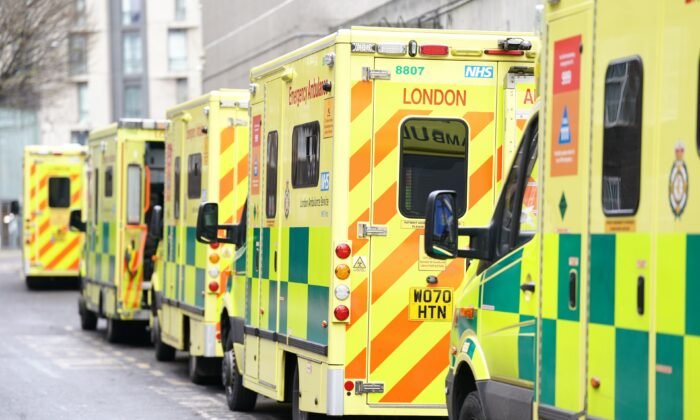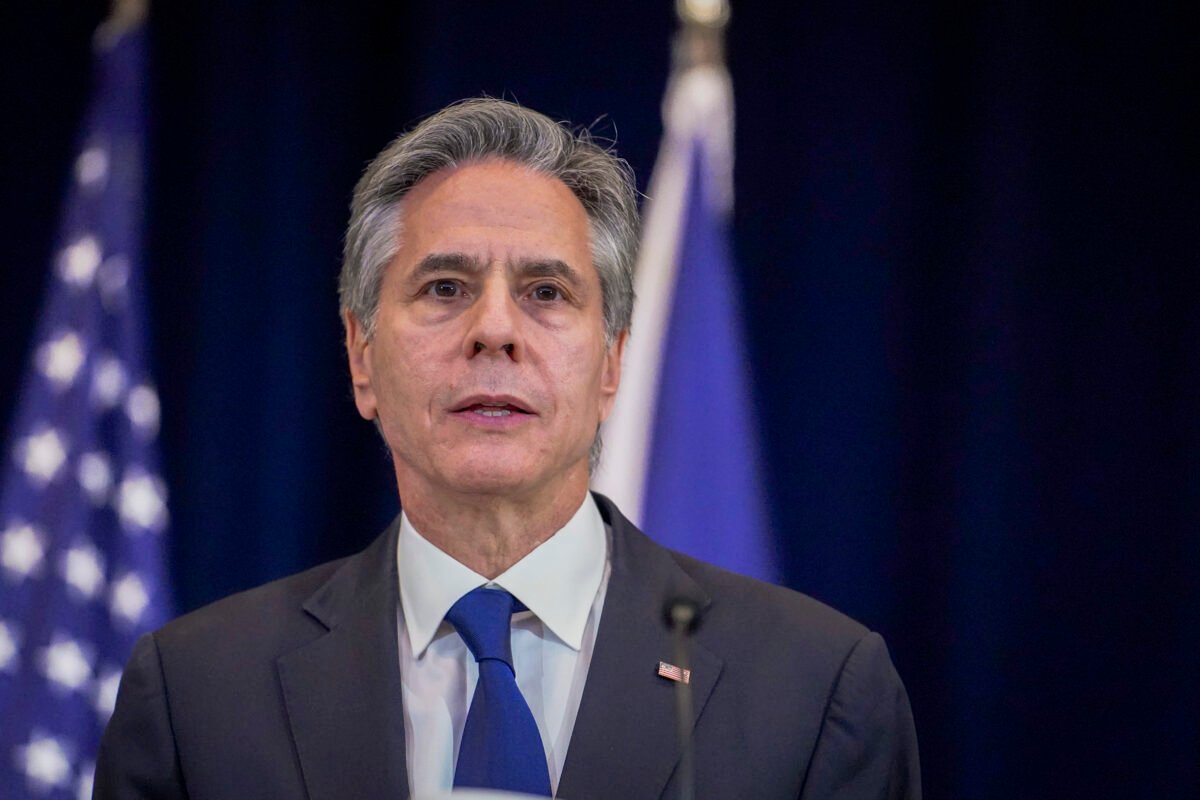Watchdog finds ambulances wasting time responding to unnecessary prison callouts
Investigators discovered that the high volume of 999 calls was due to staff’s fear of facing a coroner’s court or being held responsible for incorrect decisions.
Health Services Safety Investigations Body (HSSIB) revealed that ambulance services are devoting a substantial amount of time responding to medical emergencies in prisons that are later deemed unnecessary or not serious.
One NHS trust reported receiving around 5,000 calls from prisons within its region in 2023, with approximately 25 percent of calls being cancelled before dispatch.
The watchdog identified that miscommunications during emergency calls result from multiple information handovers and prison staff’s lack of understanding of clinical terminology.
For instance, a case where a patient was reported as “unresponsive” led to dispatching air ambulance and paramedics, only to find out the patient was simply uncooperative.
Another incident involved a 90-year-old patient with a twisted ankle, who turned out to be a 30-year-old man with stab wounds.
There were instances where ambulance crews arrived at scenes expecting to treat one patient but found multiple individuals needing care.
Codes and Recommendations
England and Wales have 122 prisons, each with healthcare departments providing various medical services.
Ten NHS ambulance trusts cover emergency care in prisons, responding to medical emergencies.
Prison staff use “code red” for blood and burns and “code blue” for breathing and collapses to signal emergencies.
However, the investigation found that emergency code response cards for prison staff are inadequately designed to identify medical emergencies effectively.
HSSIB recommends additional training for prison staff to recognize true medical emergencies that require 999 calls, reducing unnecessary calls and alleviating pressure on emergency services.
Moreover, it suggests establishing formal communication channels between prison and ambulance services to enhance coordination.
The report highlighted that the influx of non-emergency 999 calls from prisons stems from staff’s fear of repercussions and a desire to avoid making wrong decisions.
Following official guidelines for medical emergencies, prison staff are encouraged to err on the side of caution and request ambulances that can be cancelled if deemed unnecessary.
The strain on NHS urgent and emergency care services has been substantial, with overcrowding and resource shortages exacerbating the situation, according to Dr. Nick Murch from the Society for Acute Medicine.
Data shows that in May, one in ten patients waited 12 hours or more in emergency departments, highlighting the challenges faced by the NHS.
In July, over 820,000 emergency calls were received, averaging 26,500 per day, underscoring the ongoing pressure on emergency services.






